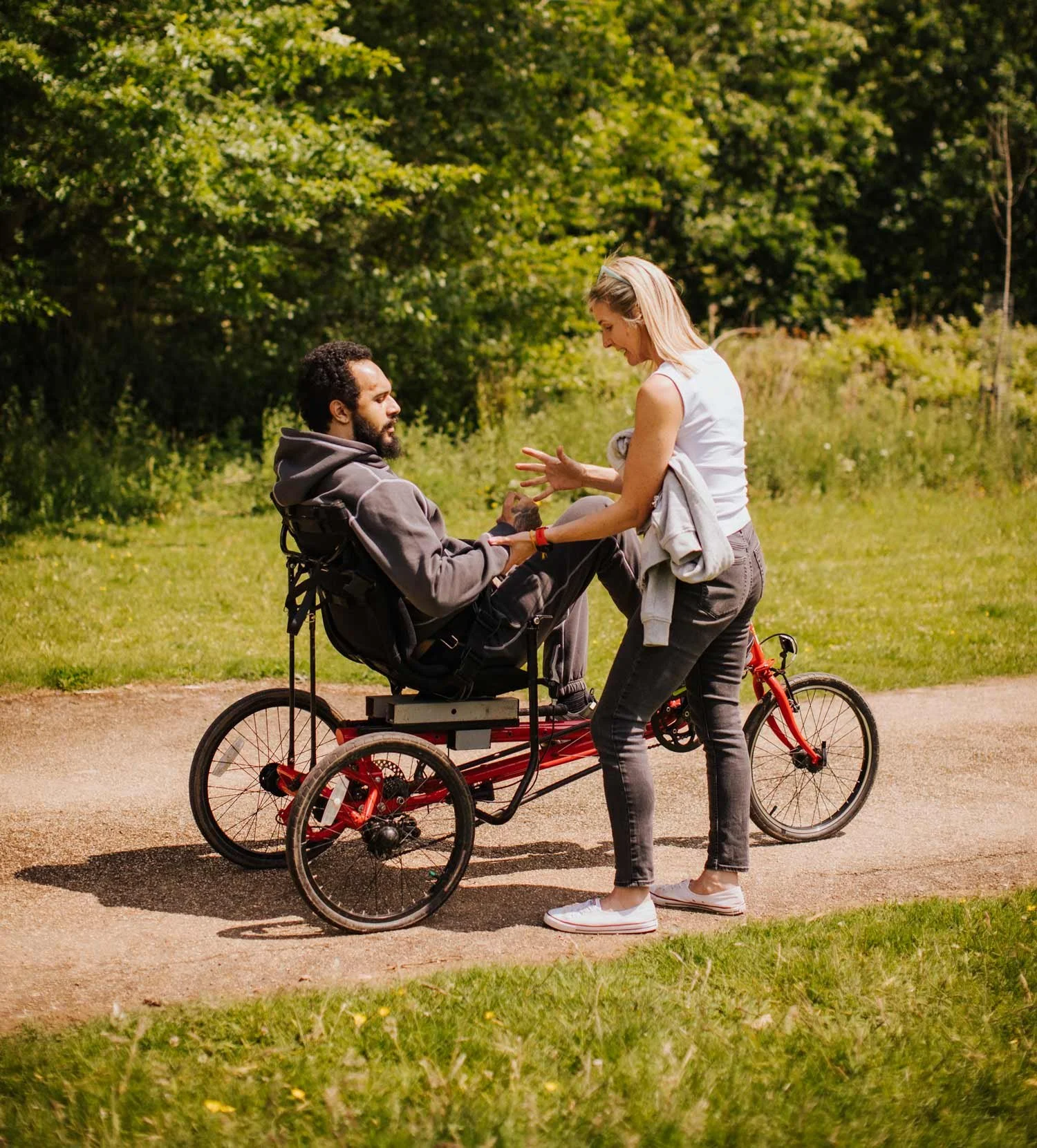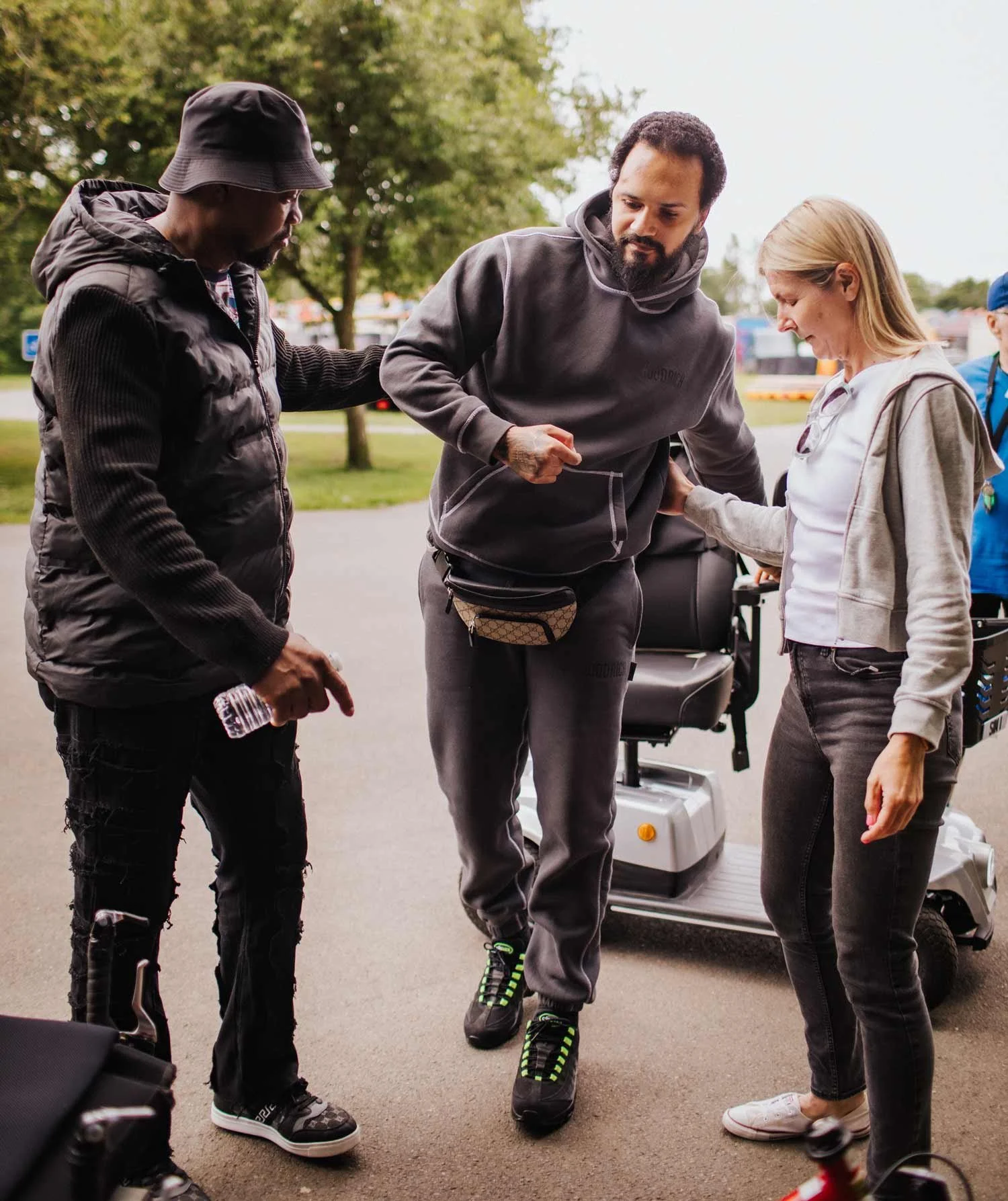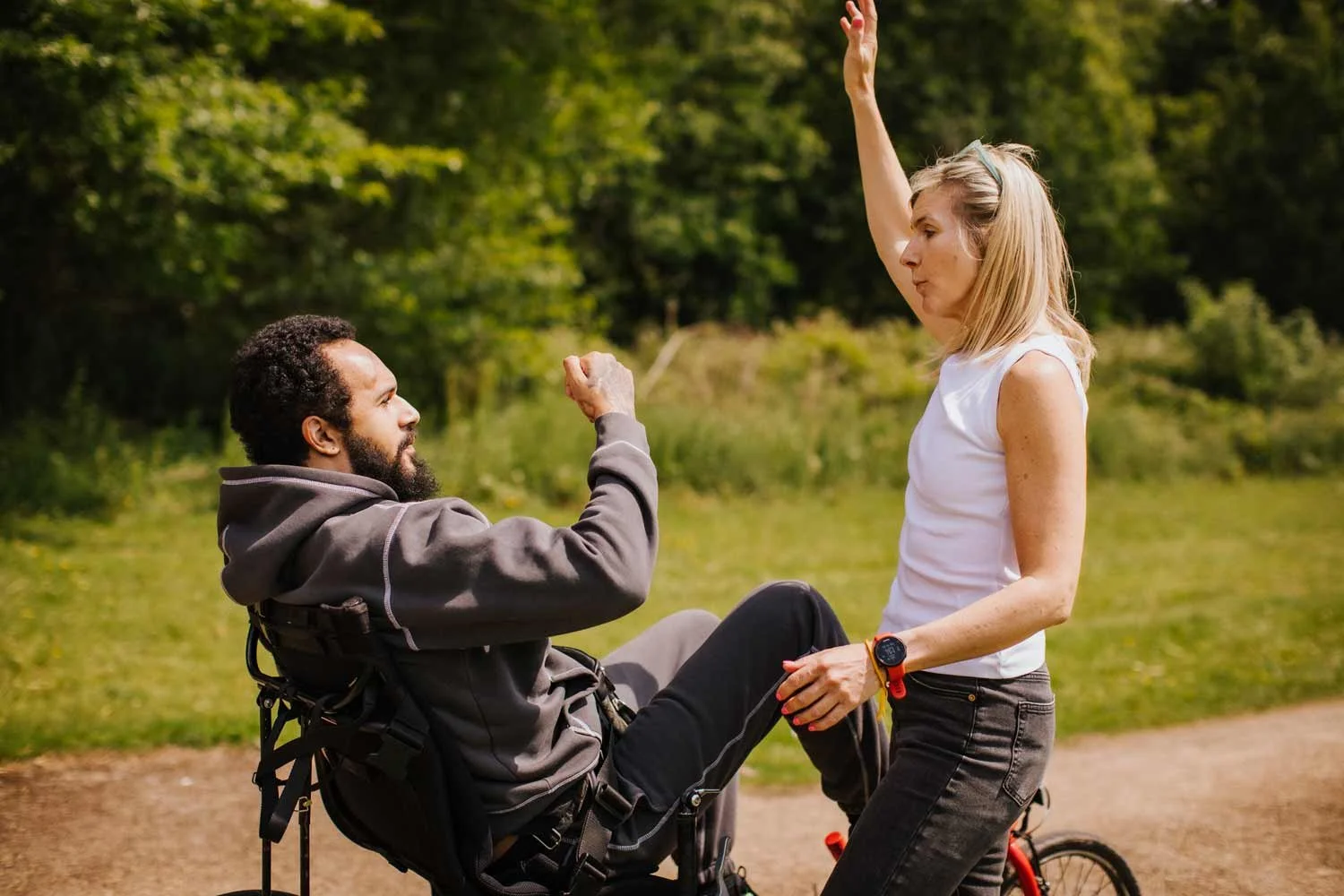Specialist neuro OT services for case managers, solicitors, and insurers.
At No Limits OT we offer timely, evidence-based occupational therapy for adults with complex neurological, trauma-related, and medico-legal needs.
Whether you're coordinating rehabilitation post-injury or supporting long-term care packages, I provide clear, structured intervention with measurable outcomes, designed to fit seamlessly into multidisciplinary care.
Occupational Therapy for case managers
Specialist services include:
Neurological rehabilitation (brain injury, stroke, FND, progressive conditions)
Functional assessments in home or remote settings
Vocational rehabilitation and return-to-work planning
Support worker training and therapy implementation oversight
Equipment recommendations and home adaptation advice
Goal-driven therapy aligned with SMART outcomes and case objectives
Therapy is always client centred, report ready, and delivered with professional accountability.
“ Every therapy plan is goal focused and tailored to the lifestyle and values of the client ”
Sophy Humphreys - Founder
No Limits Occupational Therapy Ltd.
Why work with No Limits OT?
Over a decade of experience including neuro-rehab and medico-legal OT
Background in NHS, private, and community settings
Strong understanding of litigation, care coordination, and case progression
Clear, timely communication and high-quality documentation
Flexible delivery across East and West Midlands, Leicestershire, Oxfordshire, Cambridgeshire and North/West London
A collaborative, practical approach designed to support both the client and your team
Let’s work together…
If you're seeking a private neuro OT who understands the demands of case management, litigation timescales, and complex rehab planning, we can help.
Get in touch to discuss availability, referrals, or multi-disciplinary input.
FAQs
Do you accept medico-legal referrals?
Yes. I regularly work on medico-legal cases involving traumatic brain injury, stroke, functional neurological disorder (FND), and complex orthopaedic or poly-trauma presentations. I can contribute to both pre- and post-settlement input and collaborate with statutory services and the MDT.
Can you provide formal reports for legal or funding purposes?
Absolutely. I provide structured assessment reports, therapy progress summaries, and recommendations suitable for case reviews, MDTs and court proceedings. Reports are timely, well-evidenced, and aligned with your documentation standards.
Do you work as part of a multi-disciplinary team?
Yes. I have extensive experience working within MDTs and liaising with physiotherapists, speech and language therapists, neuropsychologists, case managers, social workers, support workers, and solicitors.
Where do you cover?
I offer in-person sessions across East and West Midlands, Leicestershire, Oxfordshire, Cambridgeshire and North/West London. I also provide remote assessments and therapy UK-wide.
How do you measure outcomes?
All interventions are goal focused, using recognised outcome measures where appropriate. I prioritise functional gains that align with rehabilitation goals, case milestones, and client priorities.
What is your availability and response time?
I aim to offer initial contact within 48 hours of enquiry and can usually schedule assessments within 1–2 weeks, depending on location and complexity. I provide regular progress updates and adhere to agreed reporting timelines.
Can you provide support worker training or implementation?
Yes. I can advise on recruitment, provide training and competency frameworks, develop structured activity plans, and monitor delivery to ensure therapy is embedded into daily routines.
Do you work with clients with cognitive, behavioural or emotional difficulties?
Yes. I have experience supporting clients with executive dysfunction, fatigue, anxiety, low mood, and behavioural regulation challenges, including those with complex mental health needs.



